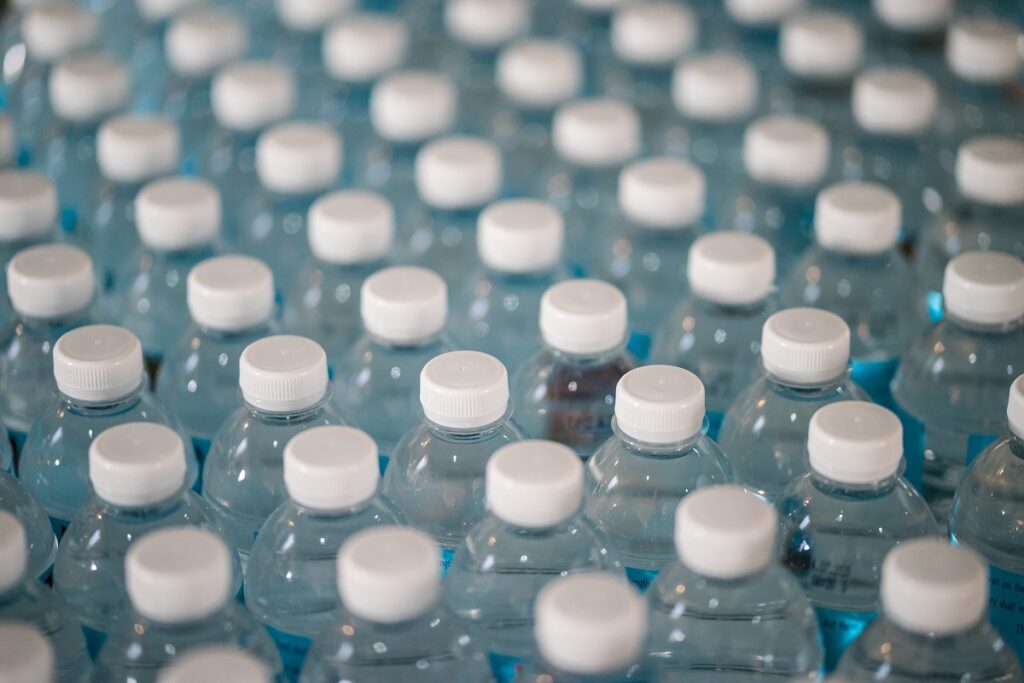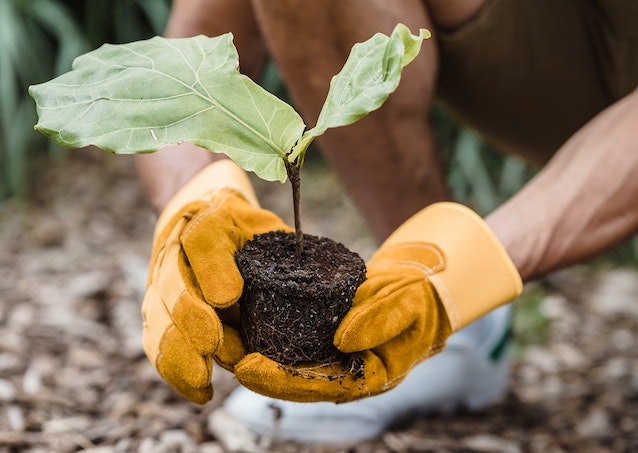As businesses pour billions into boosting the manufacturing of plastics derived from sustainable, biodegradable resources, the bioplastics industry is flourishing, the Associated Press reports.
“Of the 9 billion tons of fossil fuel plastic produced since the 1950s, only 9% has been recycled,” the AP says.
On top of that, the COVID-19 pandemic, as Good Day BIO reported earlier this month, curtailed the reduction of plastic pollution. People were using more single-use plastic in food packaging and medical supplies like gloves and masks as a way to reduce contact with the virus.
Bioplastics presently account for less than 1% of the $600 billion-plus worldwide plastic industry. However, $500 million has been invested in the bioplastics industry in Q1 of 2022, compared to $350 million in Q4 of 2021.
According to Zion Market Research, the worldwide bioplastics market had a value of $10.51 billion in 2021 and would reach $29 billion by 2028.
Biotechnology drives bioplastics industry boom
Recently, Biotechnology Innovation Organization (BIO) member Danimer Scientific extended its facility in Kentucky to rank among the world’s top manufacturers of PHA, a biodegradable material manufactured from canola oil. A factory being constructed in Iowa will manufacture bio-BDO, a green alternative for butanediol (BDO), which is used to make plastics, fibers, and solvents.
More BIO members are at the forefront of plastic innovation:
- Geno (formerly Genomatica) produced a plant-based version of the chemical raw material HMDA (hexamethylenediamine). This material is currently produced from fossil fuels to make materials ranging from nylon to coatings and adhesives.
- Virent makes makes biodegradable or compostable “drop-in” plastics made from recycled carbon or crop waste.
- LanzaTech is capturing carbon from industrial emissions and fermenting it to make a sustainable raw material that lululemon is using to make athletic wear.
We may anticipate that the economic move toward bioplastics will intensify while a new international agreement to reduce plastic pollution is being prepared.




